Readings: All Saints | All Souls
“Beloved, we are God’s children now;
what we shall be has not yet been revealed.
We do know that when it is revealed we shall be like him,
for we shall see him as he is.”
“The souls of the just are in the hand of God,
and no torment shall touch them.
They seemed, in the view of the foolish, to be dead;
and their passing away was thought an affliction
and their going forth from us, utter destruction.
But they are in peace.”
This weekend we celebrate two closely-related feasts: The Solemnity of All Saints and the Commemoration of All the Faithful Departed, which we commonly call All Souls Day. I say they are closely-related feasts because they show the journey we are on to our salvation. We know that we are not at home in this world: our true citizenship is in heaven, and we are but travellers through this world, hoping to come at last to the Kingdom of Heaven. The people that we know for sure are in heaven are saints, and so it is our quest in this world to become saints. Our goal is to come to perfection and get caught up in the life of God, so that we can live forever with him one day.
The Solemnity of All Saints celebrates all those men and women who have lived heroic lives and have attained the goal of perfection in holiness and complete unity with God. We know they are in heaven either because they died a martyr’s death, giving their lives for Christ and pouring out their blood just like he did, or we know of miracles that have been attributed to their intercession that occurred after their death, indicating they are with God in heaven. These saints may already be canonized saints, or perhaps they are people we don’t even know about who have attained that perfection. It is conceivable that we don’t know every saint, because ultimately God knows whether one has attained perfection or not. All Saints Day allows us to celebrate all those saints we don’t know about in addition to the ones we do know.
The Commemoration of All the Faithful Departed, or All Souls Day, is an opportunity to pray for all those who have gone before us, marked with the sign of faith, as well as those whose faith God alone knows. On this day, we especially pray for those who have not attained full perfection in this life, either because of venial sins or attachment to mortal sins, and we endeavor to help them through prayer and through the Sacrifice of the Mass. This is what Purgatory is about, and far from being a punishment, Purgatory is understood to be a gift through which a soul is cleansed through the sanctifying action of our Lord so that they can fully enter into the Kingdom of Heaven.
As I said, these feasts are closely related, and during their observance we as a church remember three ranks of saints. There are the saints associated with the Church Triumphant, and these would be the saints in heaven, those who have overcome the power of the evil one and have been perfectly united with God. There are the saints associated with the Church Suffering, those who are in purgatory and especially those who have no one to pray for them, for whom we pray that our Lord would give them the salvation and rest they long for. And there are the rest of us, the saints associated with the Church Militant, including you and me, who are doing our best to overcome evil in this world, and to unite ourselves with our God so that we may come to everlasting life.
What we really celebrate in these days is the joy of salvation. God made us all for himself, and he wills that every single one of us would be saved. He will not rest until all of this is made right, and all have had a chance to enter into eternal life. This journey of salvation, the quest to become saints, is what our faith life is all about. The goal is not so much to “graduate” from faith formation by receiving all the sacraments. The goal is not to jump through hoops and check off the requirements of the Church. The goal is to become saints, because as far as we know, there are only saints in the Kingdom of Heaven, and the Kingdom of Heaven is where we long to take our rest.
This journey of salvation is wonderfully expressed in one of my favorite hymns, “For All the Saints.” Here is one of the verses:
O blest communion, fellowship divine!
We feebly struggle, they in glory shine;
Yet all are one in Thee, for all are Thine.
Alleluia, Alleluia!
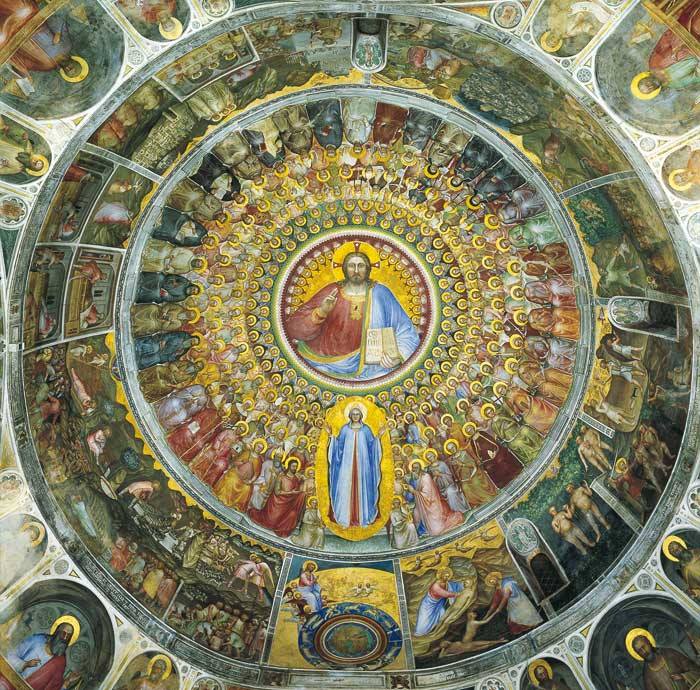
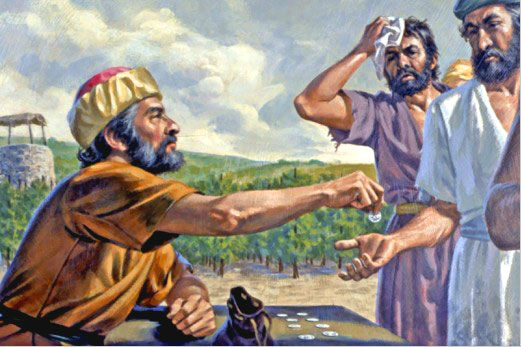
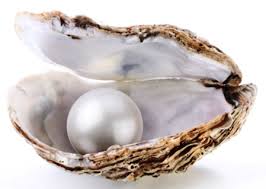
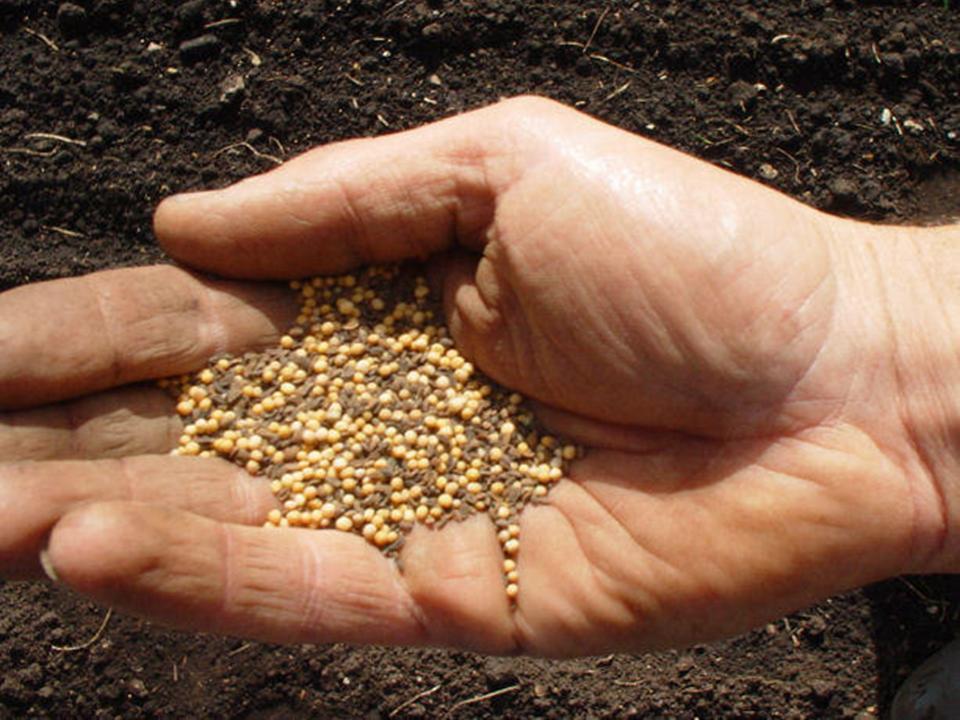

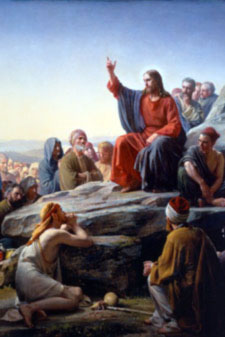
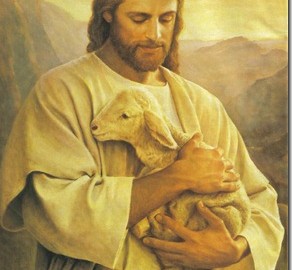
You must be logged in to post a comment.